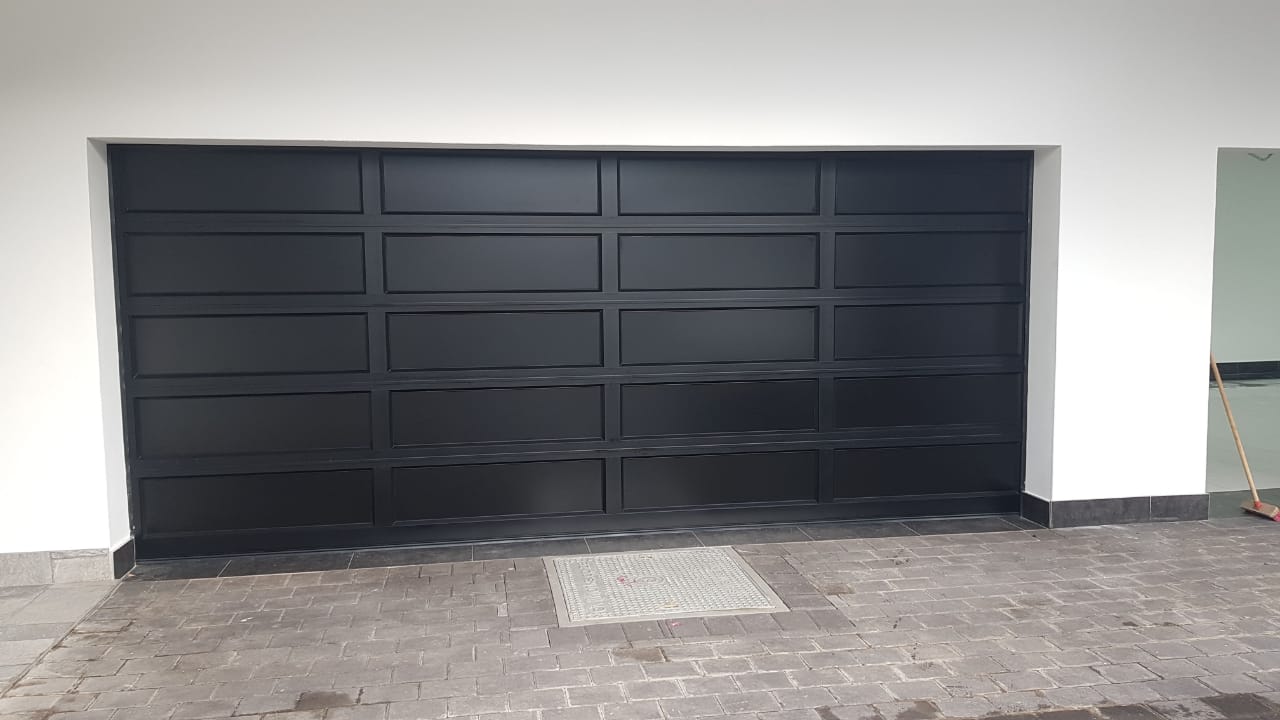
Garage Doors and Parts – Aluminum Panels are trusted materials for buildings in damp and coastal environments. They resist moisture better than many traditional construction materials. Coastal areas expose structures to salt, wind, and heavy rainfall. Aluminum’s properties make it a durable and long-lasting option in these conditions. It has become a favorite among architects and engineers for these regions. The demand for rust-resistant materials has increased rapidly. Aluminum panels do not warp, rot, or swell in humid weather. Their performance remains consistent despite fluctuating environmental conditions. These panels require minimal maintenance, even near salty sea air. They continue to look clean and polished over many years.
Aluminum has natural corrosion resistance, making it perfect for high-moisture climates. Unlike steel, aluminum does not rust when exposed to water. The surface of aluminum forms a protective oxide layer naturally. This layer prevents further deterioration even in aggressive marine air. Its resistance is stronger compared to many metals used in coastal buildings. Buildings near the sea face constant exposure to saltwater particles. Salt in the air accelerates metal corrosion over time. Aluminum panels resist this due to their unique chemical properties. They retain strength and finish despite long-term exposure. Even with little upkeep, aluminum panels remain functional and appealing.
“Read about: How to Install a Garage Door Opener Mounting Bracket Like a Pro”
Aluminum panels are lightweight compared to many traditional wall systems. This reduces the load on the building’s structure significantly. Despite being light, they provide excellent strength and rigidity. Buildings in coastal areas often face strong wind pressure. Aluminum panels perform well under such intense wind loads. Their flexibility allows them to absorb and distribute pressure efficiently. This ensures better stability during storms or hurricanes. Because of their strength-to-weight ratio, transport and installation are easier. Construction time and costs are reduced by using aluminum panels. Less support framework is needed due to their lightweight nature.
Coastal and damp areas demand materials that require minimal care. Aluminum panels need only occasional cleaning to maintain appearance. Painted or coated aluminum surfaces last longer without fading. They do not require sealing or frequent treatment like wood. Repairs and replacements are rare with aluminum installations. Time and money spent on maintenance are significantly reduced. Aluminum panels can be pressure-washed without risk of damage. Their surface resists mold, mildew, and dirt accumulation. This makes them ideal for humid and salty conditions. Their aesthetic remains intact without regular repainting or polishing.
Aluminum panels come in various colors, textures, and finishes. They allow architects more freedom in design and creativity. These panels match both modern and traditional building styles. Their sleek appearance adds elegance to any structure. Coatings can mimic wood, stone, or metallic textures easily. Designs using aluminum panels often attract attention and admiration. Customization options are wide, from matte to glossy finishes. This variety helps buildings blend or stand out as desired. The clean lines of aluminum panels create contemporary aesthetics. These panels suit both residential and commercial structures perfectly.
Aluminum is one of the most recycled materials worldwide. Using recycled aluminum requires less energy than new production. This reduces environmental impact and supports sustainability goals. Aluminum panels are fully recyclable at the end of use. They contribute to green building certifications like LEED. Manufacturers often use recycled content during panel production. The durability of aluminum reduces replacement needs significantly. Less waste is generated over a building’s lifespan. Aluminum production and usage follow many eco-standards globally. Its sustainability is an advantage for environmentally conscious builders.
“Read more: Screw Drive Garage Door Openers: Why Choose This Drive System for Your Home”
Aluminum panels offer high fire safety ratings in building applications. They do not ignite easily and help control flame spread. Fire-resistant coatings can enhance this property further. Buildings in coastal areas also face lightning and electrical risks. Aluminum provides better protection in these emergencies. Their use improves a building’s overall fire performance score. They support safety standards in modern construction practices. Combustion risk is reduced in moisture-prone environments with aluminum. Their non-combustible nature adds a layer of security. Insurance requirements are often met easily with these panels.
Damp and coastal areas require strong, weather-resistant materials. Aluminum panels protect buildings from extreme weather conditions. Rain, humidity, salt, and temperature shifts cause less harm. Panel coatings are engineered for UV and corrosion resistance. Even under constant sun or sea spray, they perform reliably. Aluminum panels can be installed in both hot and cold climates. They adapt to environmental changes without losing integrity. No cracks or splits occur due to temperature differences. Panels remain tight and sealed for decades with proper fitting. Long-term performance makes aluminum a smart investment option.
This website uses cookies.